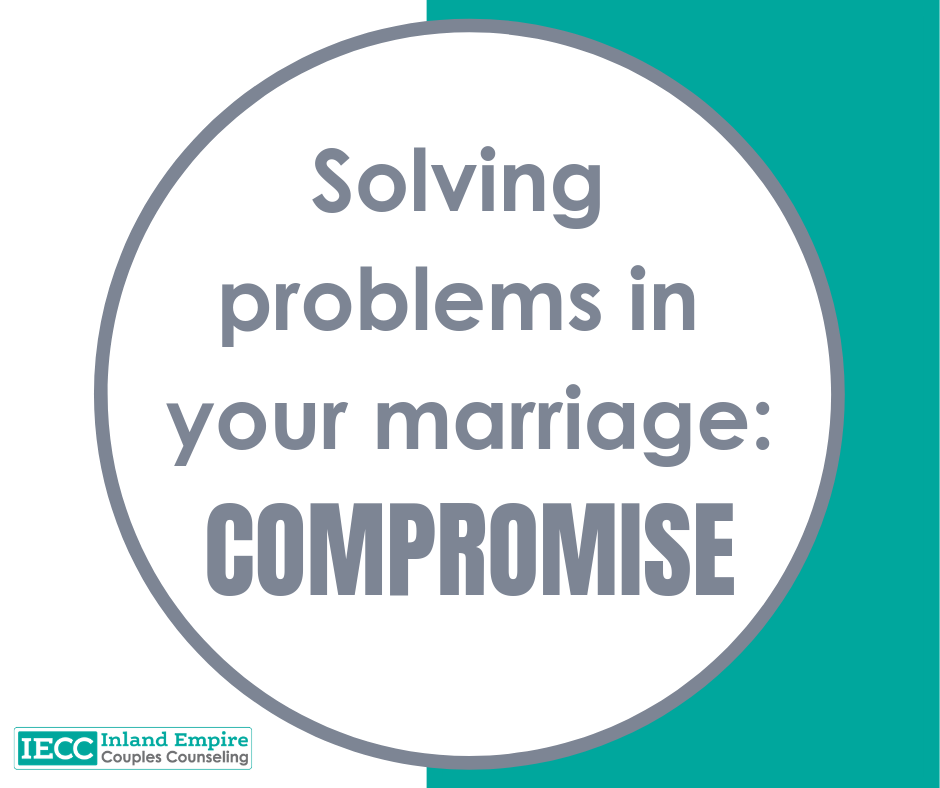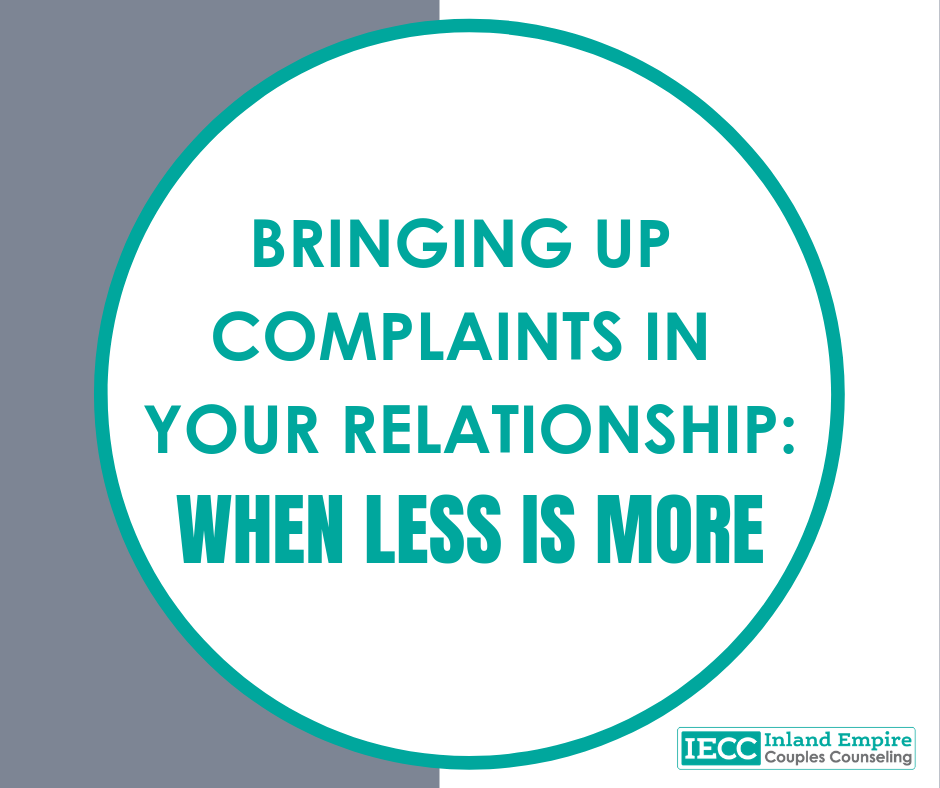
Read the Blog
Quality information you can trust from relationship experts
- Abuse in Relationships
- Building Trust Series
- Couples Counseling
- Couples Therapy Retreats
- Crisis Couples Counseling
- Date Night Series
- Group Therapy
- Guest Blog
- Infidelity and Trust
- LGBTQIA Relationship Counseling
- Mixed Faith Marriages
- Online Couples Counseling
- Parenting
- Premarital Counseling
- Relationship Skills
- Separation Counseling
- Solo Relationship Counseling
- Substance Abuse
Myths about Infidelity
In this post we’re exploring myths about infidelity. Many of these myths stem from black-and-white thinking. We often like the certainty that this kind of thinking gives us. This is good and that’s bad. It’s cut and dried. The problem is that humans and human relationships are messy and complex. When we ignore this fact, we can get stuck feeling we have few options and being unable to make sense of our lives. Black and white, good or bad, this or that doesn’t work when we’re talking about marriages and people. Let’s look at some of those myths now.
Why try marriage counseling?
I’m writing this post because it’s a commonly searched question. I suspect it may be coming from a place of desperation or confusion. Why should we try this? Will it even help us? We’re going to invest our time and money, will it be worth it?Thinking about the couples I’ve worked with over the years, I came up with a quick list of reasons to answer that question: Why try marriage counseling?
Perpetual Problems: accommodating your partner's dreams
I’ve got some news for you: Not all problems in your marriage can be solved. Some just don’t have solutions. These may come from differences in personality traits, religion, political opinions, cleanliness preferences, and the like. No matter how much you talk about these things or fight about which way is right, neither of you is likely to change or to change your partner.
Solving problems in your marriage: Compromise
I’ve got some news for you: Not all problems in your marriage can be solved. Some can be worked through using compromise, and some just don’t have solutions. These may come from differences in personality traits, religion, political opinions, cleanliness preferences, and the like. No matter how much you talk about these things or fight about which way is right, neither of you is likely to change or to change your partner.
Bringing up complaints in your relationship: When less is more
In the exciting, falling in love stage of our relationships, what we want to change in our partners is often furthest from our minds. We’ve got stars in our eyes, we’re wearing rose colored glasses, we’re in the honeymoon stage—pick whichever metaphor works for you. It’s wonderful and fun; I don’t mean to dismiss that. However, the reality of being two complex, dynamic individuals in an intimate relationship with each other over an extended period of time brings conflict. It just does. These conflicts might be personality differences, cultural differences, differences of opinion, habit, or tradition. In very simple terms, you might make a request for change, something along the lines of “this thing isn’t working for me, can we talk about changing it?” This post is about how you bring up complaints in your relationship. Spoiler alert! Less is more.
The Marriage Counseling Relationship Checkup
Problems have been building in your marriage for a while. You try talking about it and end up fighting. You try again and end up fighting. Maybe you try to change and you try to ask for change, and you’re both still fighting and miserable. So, you gather up your courage and decide to try marriage counseling. You might hope that if you can just get in there for one session the therapist is going to convince your spouse that you have been right all along and amazing changes happen overnight. I hate to be the one to break it to you, but that’s not how these things work. You need a relationship checkup.
What will marriage counseling be like?
If you’ve never done marriage counseling before--or even if you have--you might be wondering, 'What will marriage counseling be like?' Marriage counseling is more than just telling your problems to someone or having a third party to referee your fights. Each therapist might have a slightly different approach and that approach may change a little depending on the needs and personality of the couple sitting in front of them. In this article, I will explain what marriage counseling will be like with me, Rebecca Williams. At the end, I’ll give some thoughts on what to look for or expect if you’re considering doing marriage counseling with someone else.
How to choose the right marriage counselor for you: 3 things to consider
In this article we'll talk about how to choose the right marriage counselor for you. You’ve decided you want marriage counseling. That’s a big decision! Now that you know you want to go, which therapist do you go to? Aren’t they all kind of the same? Does it really matter who you go to? Yes! Yes, it matters. And no, not all therapists or even all marriage therapists are the same. Here are 3 things to consider when choosing the right therapist for you.
When to seek marriage counseling
There’s growing distance between you and your partner, you’re fighting, it’s not getting better. Divorce has crossed your mind, but you aren’t ready to take that step. “Do we need marriage counseling? Can’t we just handle this on our own?” you wonder. “Is it really that bad? Will marriage counseling even work?” Deciding when to seek marriage counseling is a big decision. In this post, we’ll talk about how you know you need it. Here are 3 ways to know:
Schedule a Free Consultation
Not sure where to start in finding the right couple’s therapist? Click below to schedule your free private 15 minute phone consultation with one of our licensed relationship experts. Alternatively, learn about online relationship counseling and secure video sessions. Or, if your partner is not willing to come to couple’s counseling right now, check our our solo relationship counseling option.









